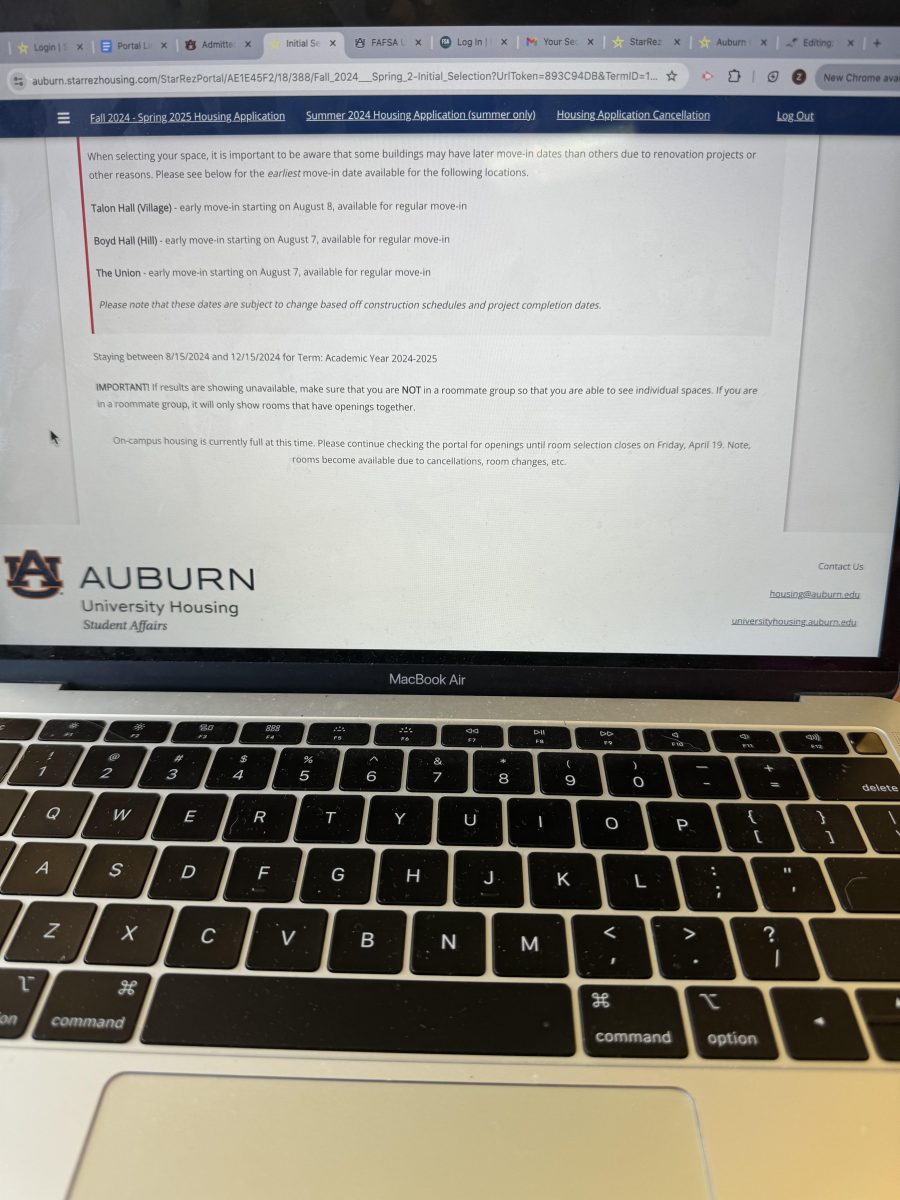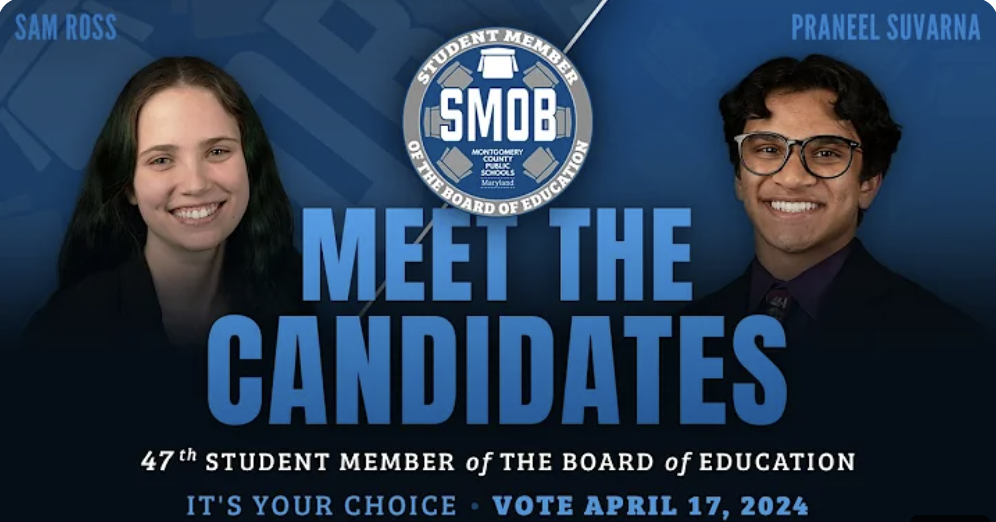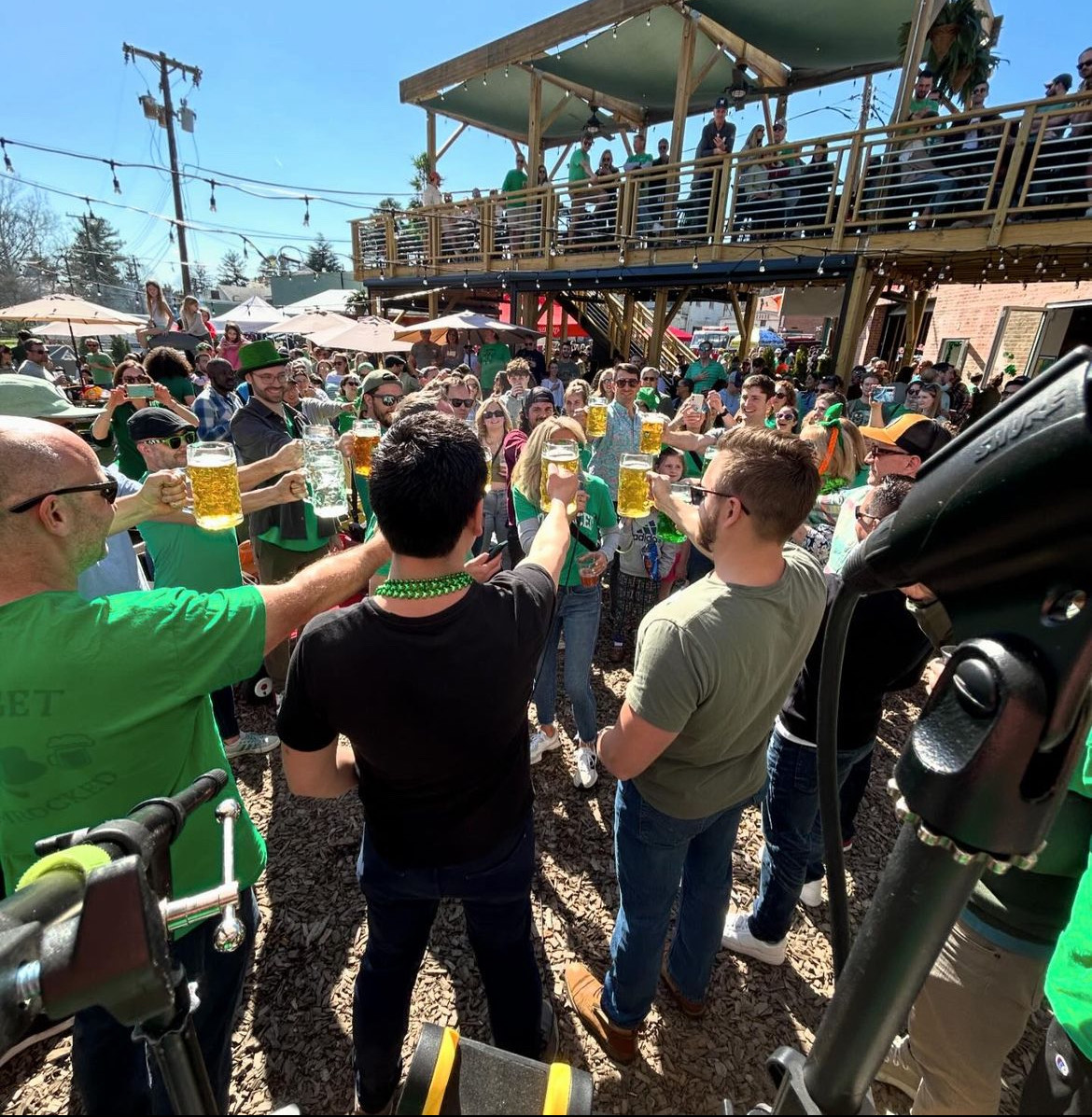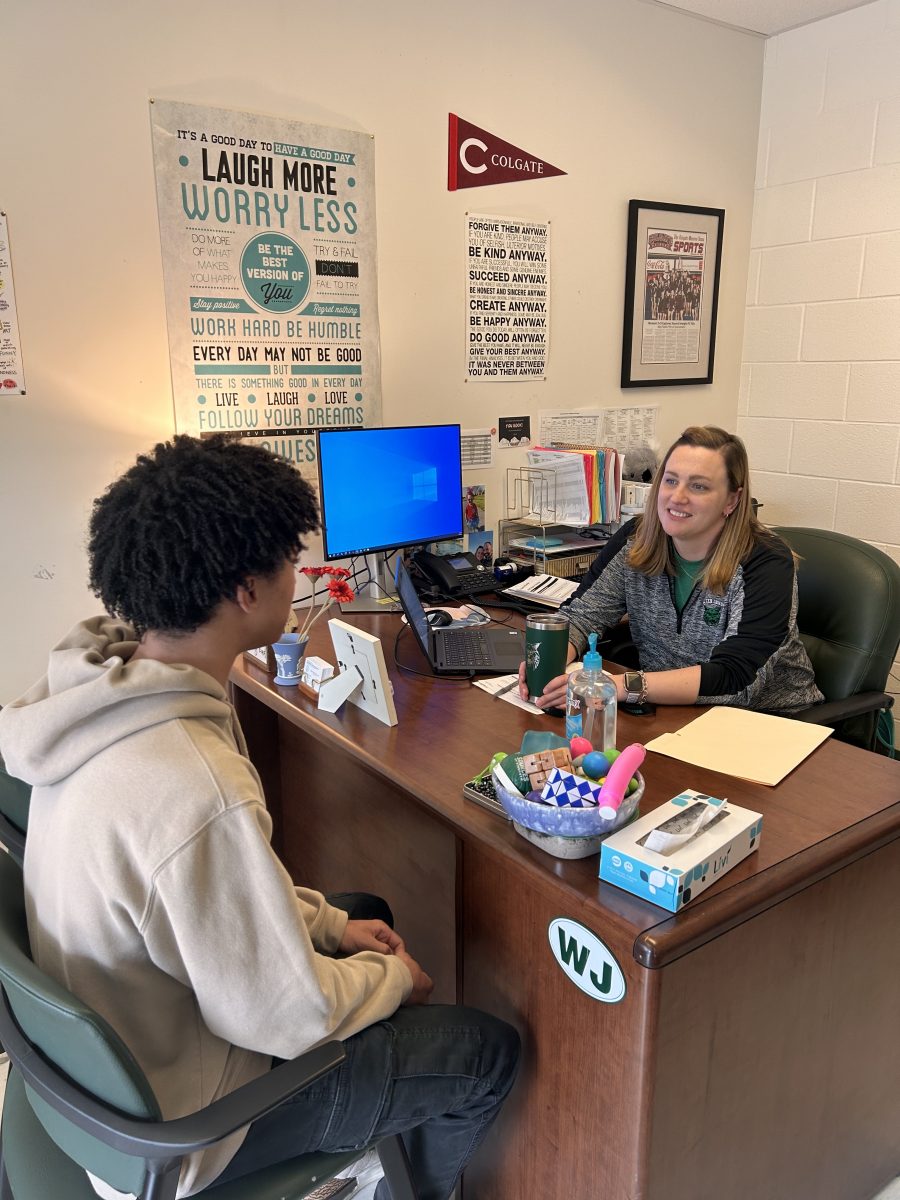On Wed. Feb.27, MCPS Superintendent Dr. Joshua Starr came to WJ to a student town hall meeting hosted by Student Member of the Board (SMOB) John Mannes. They took questions from the audience, Twitter and emails and even posed a few questions of their own to the audience. Here are some of the topics that were discussed:
The Achievement Gap
Starr said that, while there isn’t a specific policy regarding the acheivment gap, there is a consensus to work on closing the gap. While Montgomery County scores reflect a lesser divide between groups than many other districts, there is still work to be done. Some measures being taken include extra aid to high-need schools, and efforts to decrease the student-teacher ratio in math and English classrooms.
Technology
Regarding what technology should be bought, Starr noted that its not so much about the technology itself as about the ability to collaborate around an idea. That being said, many devices can be used to facilitate this collaboration. The biggest question is, “What should teaching look like?” With implementations such as a pilot for tablets in middle schools later this year, Starr says that MCPS is trying to figure out what sort of role technology should play in school to get the best learning results. Schools should figure out how to utilize the “democratization of information,” as Starr called it, to best facilitate learning. Some more specific topics covered are noted below:
WiFi: School-wide WiFi is on the superintendent’s radar. He said that before everyone can have access to the networks, two conditions have to be met the WiFi networks have to be secure, and all schools must have WiFi and Promethean boards.After these two goals are accomplished, then MCPS can begin looking at granting widespread access.
Promethean Boards: One student made the point that some teachers are using Promethean boards as basic whiteboards and projectors, and that they have essentially become something of a status symbol. Starr replied that while some teachers may be using Promethean boards in the most basic way possible, many more are clamoring to get them in schools that aren’t fully equipped with the boards. Training is needed to get the full use out of them, and they can (if used correctly) become a valuable learning tool.
Concerning what technology should be bought,Starr said that it’s not so much about the technology itself as about the ability to collaborate around an idea. That being said, many devices can be used to facilitate this collaboration. The biggest question is, “What should teaching look like?” With implementations such as a pilot for tablets in middle schools later this year, Starr says that MCPS is trying to figure out what sort of role technology should play in school to get the best learning results. Schools should figure out how to utilize the “democratization of information,” as Starr called it, to best facilitate learning.
Testing
In regard to testing, Starr noted that testing should be an indicator, and not a goal, and and commented on how standardized tests only measure book intelligence. Starr said that other types of education–social and emotional skills, for instance–are also important for students’ development.
Driver’s Ed. & Driving Awareness
In the 90s MCPS had a driver’s ed. class available during the school day, but it no longer exists today, mainly because of budget issues. Maryland driving laws are much tighter than they used to be, and education about driving now falls into the hands of a student’s family. While on the topic of driving, Starr noted that texting while driving is still a very concerning issue, and it is extremely important for kids to help each other to stay out of the type of trouble that can end lives.
Security
Ever since the Columbine incident, Starr said, there have been widespread alterations to how schools handles security issues. Security guards now have more training, for instance. High schools, however, present a unique challenge to manage security because of their many entrances and access points. The sheer enormity of many high schools makes it relatively harder to protect the students inside. At WJ, visitors can enter through the main office, so all other entrance points can be closed off during teaching hours. It’s not just the schools’ responsibility, though, Starr said. When such deadly weapons out on the market, there is only so much the schools can do. One of the best preventative measures, however, is for teachers to know their students, and students to know their peers. This way, people within schools can identify potential problems before they become a threat, and deal with them accordingly.
Year-round School
There are both benefits and downfalls to a year-round school model. If such a step were to be taken, for one thing, the superintendent noted that his kids would upset. On a more serious note, Starr continued by noting that there is potential value to a school year without summer break. Right now, summer break is in place because of old-fashioned agrarian models. Nevertheless, the countless extracurriculars, internships and summer-school programs students participate in during summer wouldn’t be as possible. On another note, however, the schools need to start incorporating such hands-on approaches into the school day itself. Nevertheless, this approach–as with everything–would require more money.
Questions Posed to the Audience
Starr and Student Member of the Board (SMOB) John Mannes both posed some interesting questions to the student audience to get an idea of student outlook. Here are some of the (paraphrased) questions that were asked:
What do you want to see in schools?
Emotional education and course diversity were some of the things students mentioned.
What makes you want to come to school?
One girl said that she comes to school to learn. Another girl commented that she came for the challenging assignments–not, they made sure to say–the tedious, repetitive work many teachers seem to give out. Starr responded to this, noting that rigour doesn’t necessarily mean more.
What makes you not want to come to school?
Getting up early, noted one boy. The darkness [during the winter] really sets the tone for the rest of the day–to which Starr responded that there is no unanimous opinion on when start times should be. That being said, the only way to make such a change cost-neutral would be to flip bus times.


![Since the collapse of the Baltimore Bridge in late March, federal law enforcement has began investigating what preceded the event. In a statement to CBS News, a spokesperson for the FBI said, [The] FBI is present aboard the cargo ship Dali conducting court authorized law enforcement activity. There is no other public information available and we will have no further comment. (Courtesy Isaac Smay via Flickr)](https://www.wjpitch.com/wp-content/uploads/2024/04/53619368036_399400003a_b.jpg)




